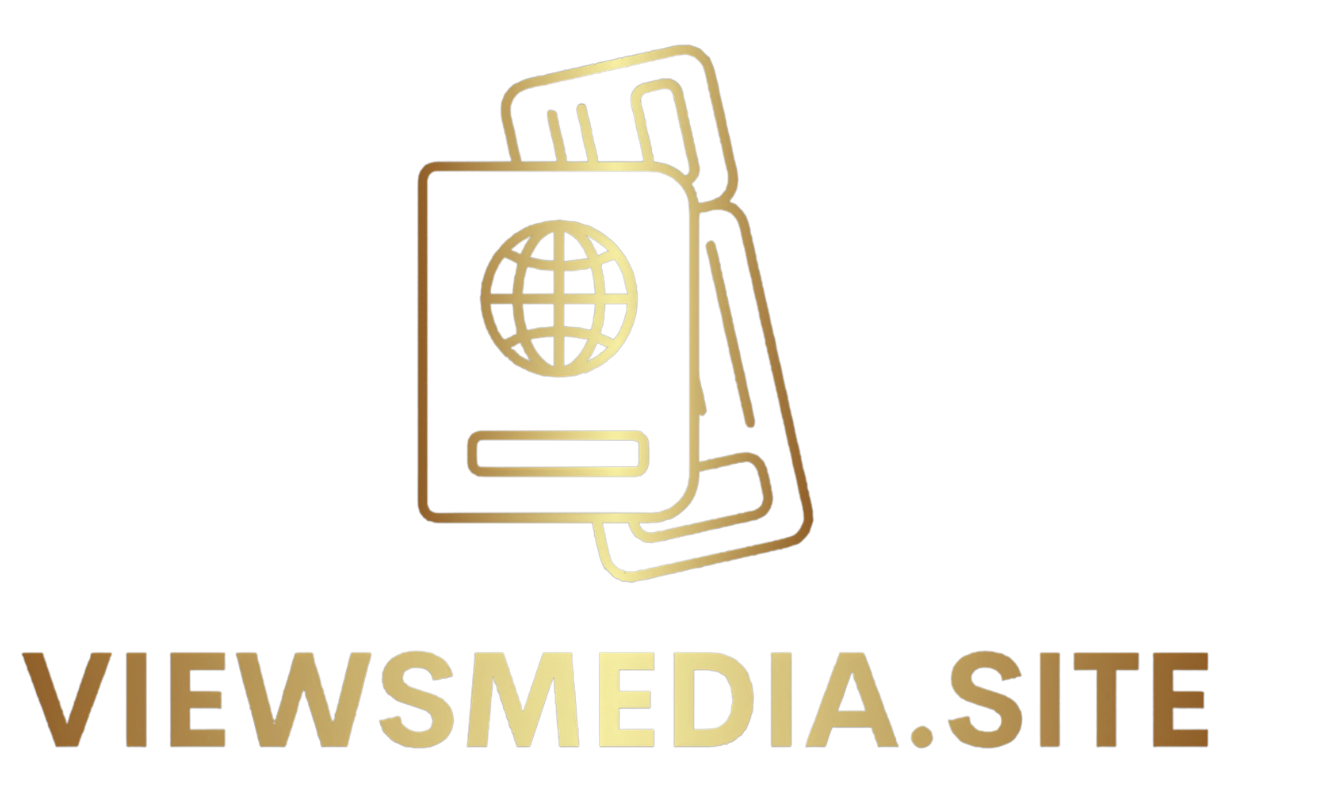
Digital Media: The Future of Communication, Marketing, and Entertainment
1. Introduction to Digital Media
Digital media refers to content distributed through electronic devices, including websites, social media, videos, podcasts, and digital advertising. It has revolutionized communication, marketing, and entertainment, shaping how businesses and individuals interact in the digital age.
From social media influencers to streaming services like Netflix, digital media is now the primary source of content consumption worldwide.
2. Types of Digital Media
Digital media is categorized into three main types:
- Owned Media – Content you control (websites, blogs, social media pages).
- Paid Media – Advertisements, sponsored content, and PPC campaigns.
- Earned Media – Reviews, word-of-mouth marketing, and organic social media shares.
3. Digital Media vs. Traditional Media
Key Differences:
| Feature | Digital Media | Traditional Media |
|---|---|---|
| Distribution | Online platforms | Print, TV, radio |
| Cost | Low-cost or free | Expensive production |
| Interactivity | Two-way communication | One-way broadcasting |
| Measurability | Real-time analytics | Hard to track ROI |
Future of Media Consumption:
- Streaming services replacing cable TV
- Social media becoming the main source of news
- Rise of digital-first content creators
4. The Role of Digital Media in Marketing
Digital media plays a crucial role in modern marketing strategies:
- Social Media Marketing – Leveraging platforms like Facebook and Instagram.
- Content Marketing – Creating valuable blogs, videos, and infographics.
- SEO & PPC – Boosting visibility through search engines and paid ads.
- Influencer Marketing – Partnering with influencers to reach new audiences.
5. Social Media as a Form of Digital Media
Popular Social Media Platforms:
- Facebook & Instagram – Best for brand marketing.
- Twitter – Great for news and real-time updates.
- LinkedIn – Ideal for professional networking.
6. Digital Media and Content Creation
Successful digital media content includes:
- Blogging & SEO – Generating organic traffic through search engines.
- Video Marketing – Engaging audiences on YouTube, TikTok, and Instagram.
- Podcasts & Audio Content – Growing platforms like Spotify and Apple Podcasts.
7. The Impact of Digital Media on Journalism
How Digital Media Transformed News:
- Rise of online news websites (CNN, BBC Digital).
- Citizen journalism – Social media users sharing real-time updates.
- Challenges of fake news and misinformation.
8. Streaming and On-Demand Digital Media
- Netflix, Hulu, Disney+ – Dominating entertainment streaming.
- Spotify & Apple Podcasts – Growth of audio streaming platforms.
- Decline of traditional cable TV in favor of on-demand media.
9. E-commerce and Digital Media
How Digital Media Boosts Online Shopping:
- Social media ads driving e-commerce sales.
- Influencer promotions & product reviews.
- Live shopping & real-time customer engagement.
10. Digital Media and Mobile Technology
- 80%+ of internet traffic is mobile.
- Augmented Reality (AR) & Virtual Reality (VR) shaping interactive media.
- Apps dominating digital media consumption.
11. Challenges in Digital Media
- Privacy concerns – Data breaches and cyber threats.
- Copyright issues – Protecting intellectual property in the digital space.
- Screen time addiction – Managing healthy media consumption.
12. Digital Media Analytics and Measurement
Key Performance Indicators (KPIs):
- Website Traffic – Google Analytics.
- Social Engagement – Likes, shares, and comments.
- Conversion Rates – Sales and lead generation success.
13. The Future of Digital Media
- AI & Automation – AI-generated content and smart recommendations.
- Blockchain in Media – Secure, decentralized content platforms.
- The Metaverse – Digital experiences merging with social interaction.
14. Frequently Asked Questions (FAQs) about Digital Media
- What is the most effective form of digital media? – Video content is currently the most engaging.
- How has digital media changed marketing? – It has made marketing more interactive, targeted, and measurable.
- What are the best tools for digital media creation? – Canva, Adobe Premiere Pro, and WordPress.
- How does AI impact digital media? – AI personalizes content, automates tasks, and improves data analysis.
15. Conclusion
Digital media is reshaping how we communicate, market, and consume content. From social media trends to AI-driven automation, businesses and individuals must stay updated with evolving technologies to remain competitive.

